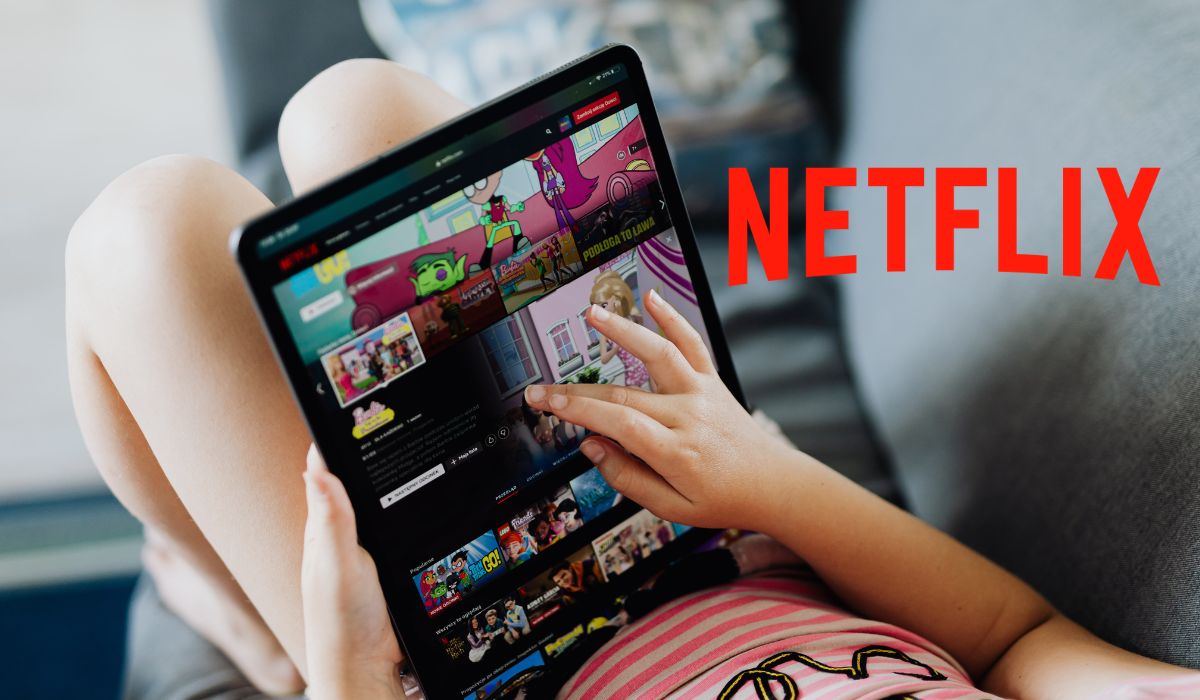Netflix has begun testing a new search feature powered by OpenAI’s technology, aiming to transform how users discover content on its platform. Currently in beta for iOS users in Australia and New Zealand, the tool allows subscribers to search for shows and movies using highly specific terms—whether it’s a mood, theme, or even a vague description of what they’re in the mood for. Think ‘romantic comedies with a twist’ or ‘movies like Inception but shorter.’ This isn’t just an upgrade—it’s a shift from passive recommendations to active discovery.
How Does It Work?
The OpenAI-powered search function interprets natural language queries, going beyond traditional filters like genre or actor names. For example, typing ‘movies to watch after a breakup’ could pull up a curated list ranging from tearjerkers to empowering dramas. According to Netflix, the goal is to reduce the time users spend scrolling and help them find content that aligns with their immediate preferences. ‘We’ve always used AI to recommend content, but this takes it a step further by letting users ask for exactly what they want,’ a Netflix spokesperson explained.
Why This Matters for Netflix
Netflix has long relied on AI for personalized recommendations, but this move signals a broader strategy to stay ahead in the competitive streaming market. With platforms like Disney+ and HBO Max investing heavily in content libraries, discovery tools could be the next battleground. ‘It’s not just about having the most content—it’s about helping users find what they love quickly,’ says media analyst Sarah Kim. Early feedback from beta testers has been positive, with many praising the feature’s intuitiveness. Netflix plans to expand testing to the U.S. soon, though a full rollout timeline remains unclear.
What’s Next?
This isn’t Netflix’s first foray into AI-driven innovation. The company previously partnered with Microsoft for ad-supported tiers and has explored AI in content production. Co-CEO Greg Peters has emphasized the importance of ‘technical innovations that serve both creators and viewers.’ If successful, the OpenAI search tool could redefine how streaming platforms approach discovery—making it less about algorithms guessing your taste and more about giving users the reins. After all, who knows what you want to watch better than you?












